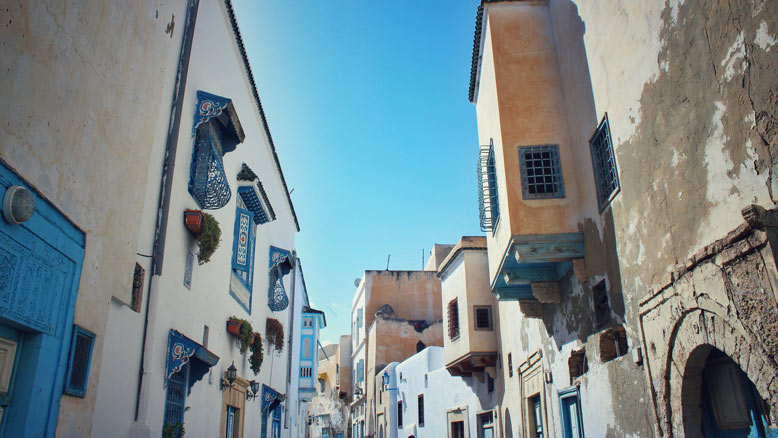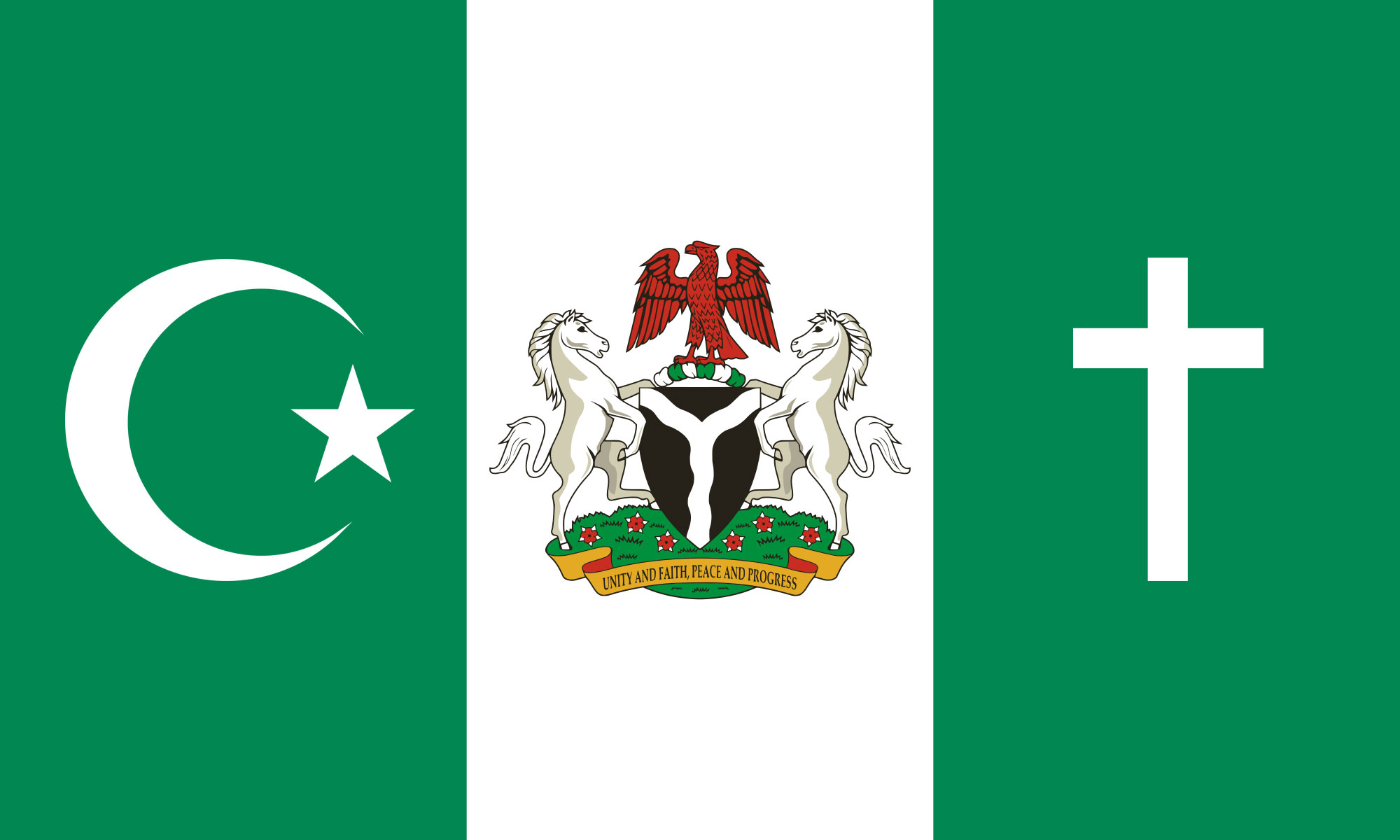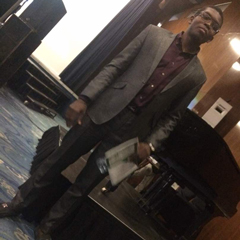
What's It Like To Be Atheist In Muslim States?

May we begin by understanding what is meant by Secularism.
Secularism according to the Mariam Webster dictionary refers to the belief that religion should not play a role in government, education, or other public parts of society.
Nigeria, the giant of Africa, most populous black nation in the world, and home to the highest number of indigenous languages spoken is to a large extent one of the most religious countries in the world. An almost equal number of the country’s population are either Christians or Muslims, leaving a very small minority who practice other forms of traditional worship.
In a country like Nigeria, which is fiercely polarised by religion, with the northern predominantly Muslim Hausa/Fulani ethnic groups and the South predominantly Christian, the Igbo and Yoruba ethnic groups, the only issue on which both parties ever agree tend towards ideas emanating against the schools of secularism. Safe to say Nigeria is far from entertaining discussions of secularism under any auspices whatsoever. However, among the millennials lies an ideology which can be likened to secularism, in that the once unquestionable religious leaders are now being questioned for the present predicament of the country even though these actions risk grave consequences. Another issue which has largely contributed to menaces such as the Boko Haram scourge currently rampaging the country’s North East region is its stance against Secularism.
It should be stated that despite both major religious players being anti-secular, the Southern Christians tend more to a secular society as religion and tradition are seen and treated as two different topics, thus issues tend to arise when and only when both religion and tradition clash. In the Northern parts of the country, Islam is not only a religion but a way of life, and this largely explains why rules such as the Sharia law have been imposed on some of the Northern states; naturally causing wide levels of underdevelopment as the “unquestionable” religious leaders wield just as much power as the political leaders and in some cases more. A friend who was sent to one of these Northern states applying the Sharia law, had his hand cut off, merely because he held the hands of the northern females while trying to copy their fingerprints just so their votes would count.
As a direct result of this, the majority of the northern population devoid of development, education and restricted by rules, tend towards Islamic teachers, most of whom project a fundamentalist view about the beautiful religion of Islam thereby recruiting fundamentalist Islamists who are then very easily swayed towards joining “the fight for Allah” some might call the Jihad.
Secularism would protect the interest of foreigners and indigenes of other parts of the country thereby creating a level ground for development and increased levels of interaction between locals and others, creating a certain level of exposure and an acceptance of formal education.
Even though Nigeria trumpets a right to religion, that right however is based on the geographical location one may find himself/herself at any point in time. As a result, most Southern Christians would rather remain south leaving only the more adventurous of this lot to go up north. And the same goes for those in the north. Because of the anti-secular stance of Nigeria, the country seems like two very clearly ideologically separated groups trying their utmost to live as one.
In conclusion, Secularism might be the answer to the issues associated with the troubles being experienced by the country currently, especially as the political class has keyed into the anti-secular nature of the populace thereby creating even more rift in an already polarized nation for personal gains. Some allegations even suggest that the Insurgency in the Northern part of the country is a tool wielded by the political class just so elections may be won. Think of the abductions of the Chibok girls, and the very recent Dapchi school girls.
While Secularism might be a fix to insurgency and religious crisis among other vices, an implementation of such a school of thought is most likely to be vehemently opposed not only by the Muslim North, but also by the Christian south, as the church and the Mosque dictates to the rulers like the Roman empire of old.
 Written by zubyarchangel, born 1993, in the city of Abuja. Nigerian, Engineer by profession.
Written by zubyarchangel, born 1993, in the city of Abuja. Nigerian, Engineer by profession.